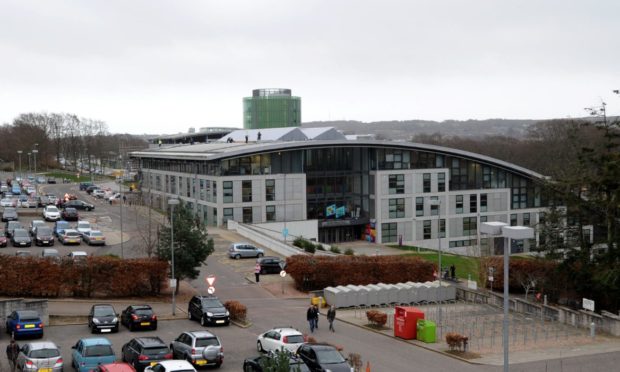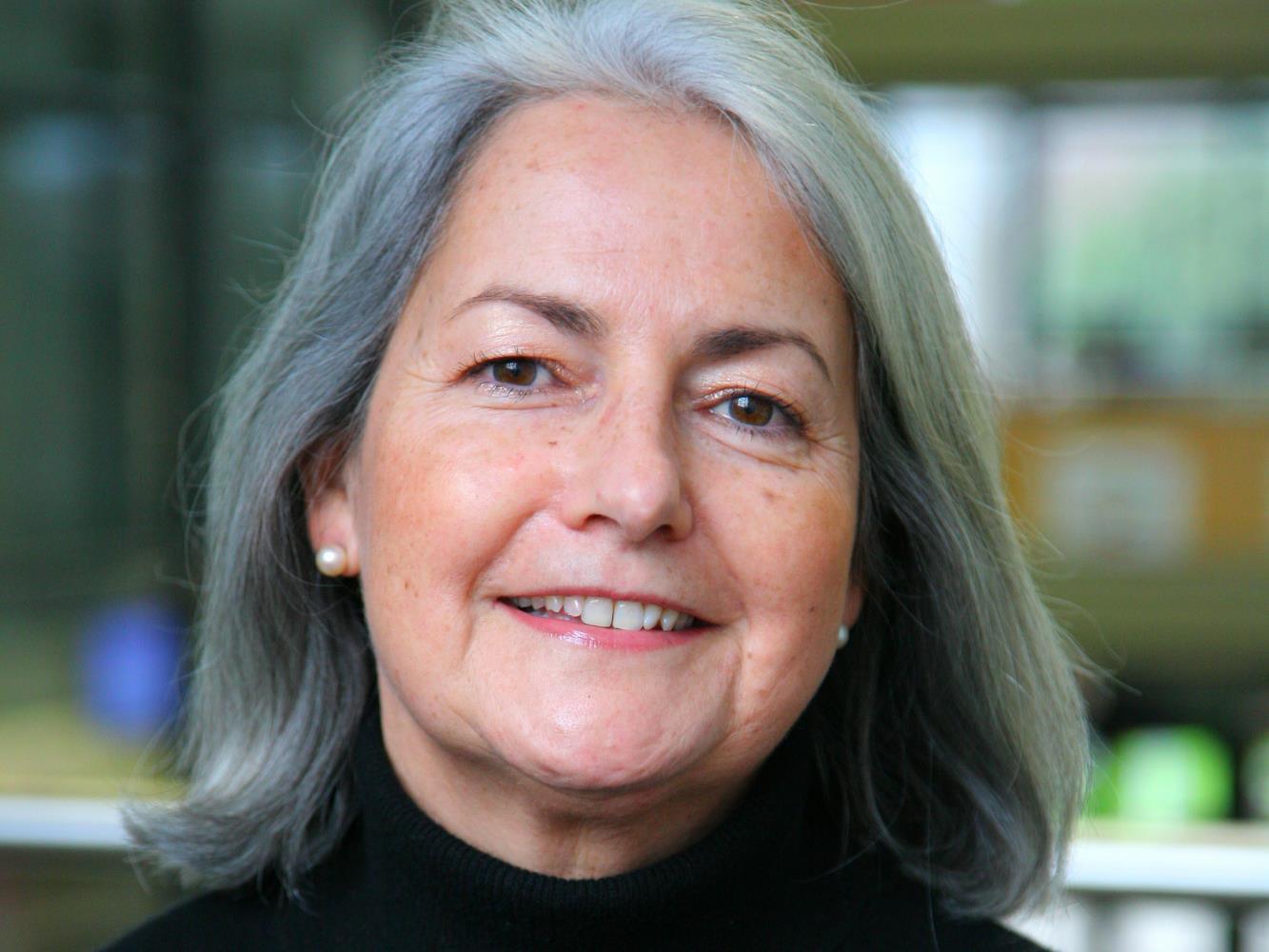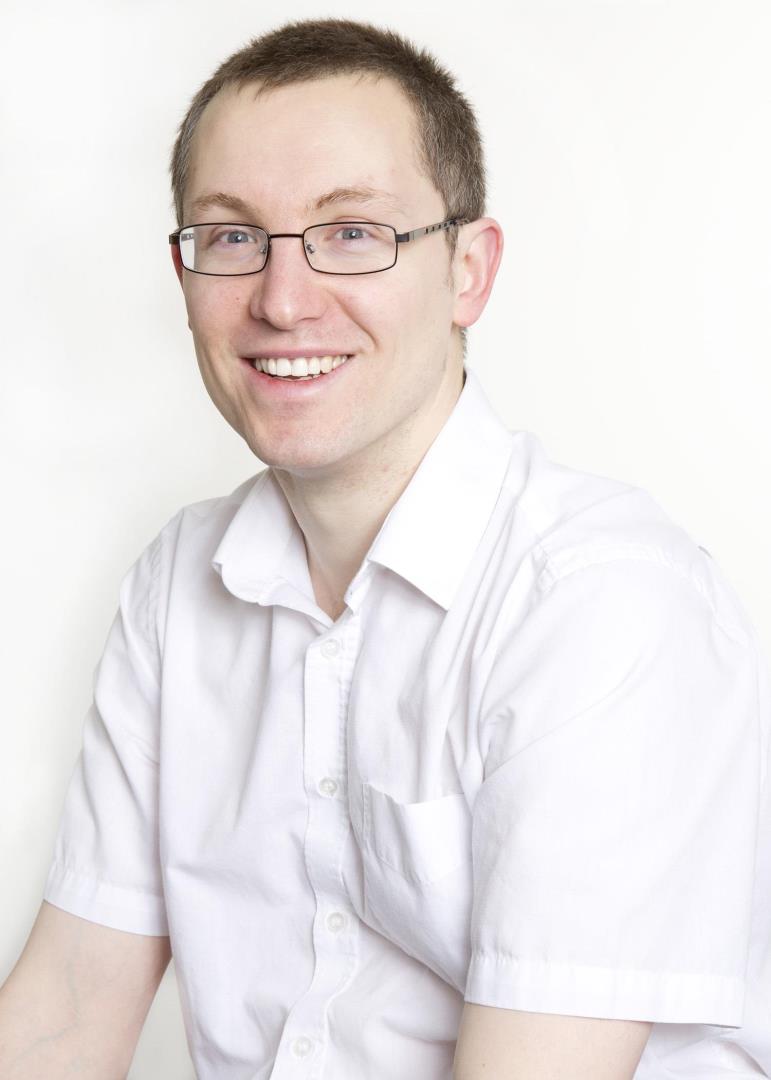North researchers have launched an investigation into the impact of the pandemic on frontline workers, while another Scottish team has made a Covid breakthrough.
An academic at Robert Gordon University, Aberdeen, has partnered with others as part of a major investigation into pandemic working.
Zoe Morrison from the organisation’s business school is looking into the short and longer-term consequences of working in hectic environments.
This will include analysis on teamwork and leadership, wellbeing and team members’ future career plans.
In doing so, it is hoped the project will provide best practice and guidance to responses to any future pandemics, as well as localised emergency and disaster scenarios.
Dr Morrison is working with Oxford Brookes University on the study, and is now looking for NHS personnel to take part in interviews and surveys.
She said: “Our involvement in this project ensures that the perspectives of NHS staff working in Scotland will contribute to this UK wide study.
“Team working is essential to effective delivery of care and staff well-being and we want to hear from members of the NHS community who would like to share their experiences confidentially.”
Research lead Vincent Connelly, from Oxford Brookes University, said: “The pandemic response has seen an unprecedented deployment of medical personnel, which is a true testament to the work ethic and resilience of those in the NHS.
“As such, Covid-19 has posed unique challenges for the successful development of teamwork and communication between team members and we are very interested in how team leaders and team members have responded to the challenge over the past year.”
Research warns against ‘celebrity’ Covid drug
Meanwhile academics at Dundee University have found a combination of two drugs which can reduce Covid complications by up to 40%.
An international panel led by Prof James Chalmers has analysed “thousands” of studies from across the world to reach its new findings.
It has now issued guidelines recommending the arthritis drug tocilizumab is used with steroid dexamethasone when coronavirus patients require oxygen or ventilation support.
It has also suggested blood-thinning treatments are given, and alternatives to ventilators are used, such as tight-fitting face masks.
The body has also strongly advised against the use of hydroxychloroquine, a malaria medication previously lauded by former US President Donald Trump.
In some countries, as many as 70% of patients are given it as part of their treatment.
But Prof Chalmers’ panel has found “no evidence” of any significant clinical benefits – but did find a “high” risk of side effects from the drug.
The panel drew up the new guidelines in line with the European Respiratory Society (ERS).
Prof Chalmers said: “In the initial scramble to find ways of treating this horrible new disease and, ultimately, save lives, doctors were forced to deploy drugs in the absence of formal guidelines or evidence.
“Because of the contribution of research participants across the world, we now have two drugs that can save lives in hospitals.
“Knowing what doesn’t work is also very important to avoid wasting time and also putting patients at risk of side effects.”
He added: “Hydroxychloroquine has become something of a celebrity of the drug world and we clinicians are regularly asked by patients and relatives why we are not using it because they have read on the internet that it cures Covid.
“The answer is clear – not only did a vast pool of scientific studies find it does not help Covid-19 patients, it may even be harmful to them.”












